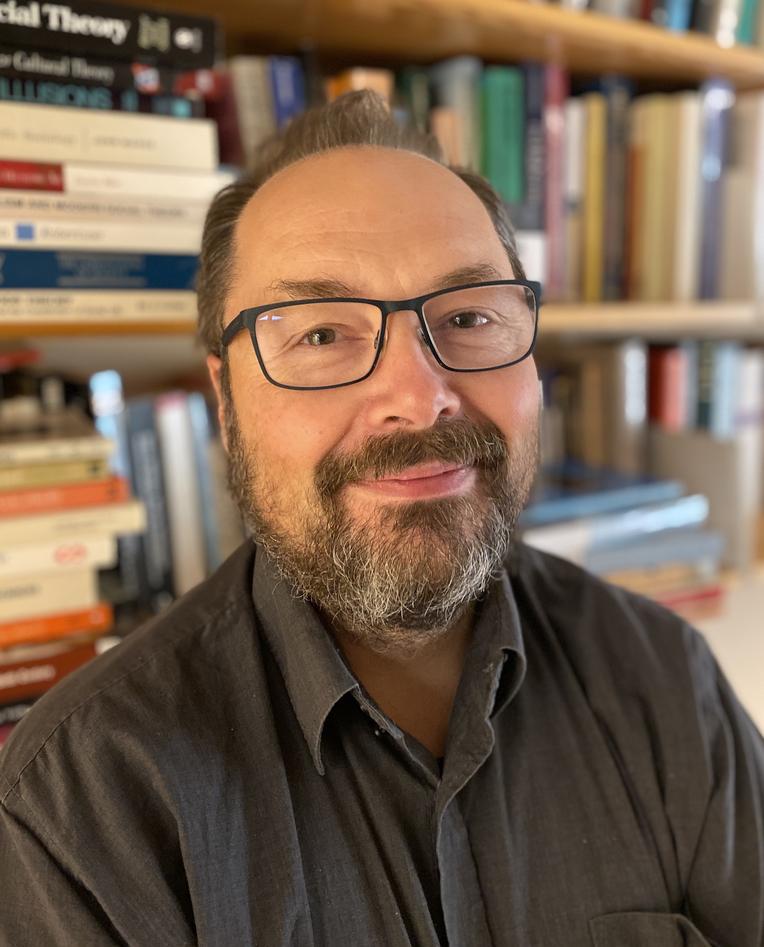Media for democracy?
This course provides an up-to-date engagement with research on the relationship between media use, social inequalities and citizenship. Particular attention is given to a critical discussion of media in a datafied age.
Hovedinnhold
Course leaders
Hallvard Moe, Professor of media studies at the University of Bergen.
Jan Fredrik Hovden, Professor of media studies at the University of Bergen.
Lecturer
Mirca Madianou, Reader, Department Media, Communications and Cultural Studies, Godsmiths, University of London
Jannie Møller Hartley, Associate Professor, Department of Communication and Arts, Roskilde University
Chris Peters, Professor, Department of Communication and Arts, Roskilde University
Kim Schrøder, Professor, Department of Communication and Arts, Roskilde University
Brita Ytre-Arne, Associate professor of media studies, University of Bergen
Citizens rely on the media to help develop resources for public life. Their engagement with and views on major public issues are informed, shaped and expressed by and through their daily media use, not least via their use of social media. However, media use has become increasingly personalized and fragmented across technologies and platforms. There is also marked evidence that citizens´ use of media to monitor and connect to such public issues are deeply characterized by social cleavages.
How can we make sense of the role of media for democracy in this situation? Are traditional user patterns transposed onto online and social media? To what extent do media facilitate a sound public connection for its citizens in different societal contexts, so much needed to counter populist propaganda, and what should we expect from citizens’ participation? And what lessons can we learn from comparing developments in different parts of the world?
The course is a collaboration between The Research Group for Media Use and Audience Studies at UiB, and the Audiences and Mediated Life Research Group at Roskilde University.
Learning outcomes
Building on ongoing research into cross-media use, and on recent theoretical developments in democratic theory and the sociology of social inequality, the course challenges our understanding of how media matter for democracy – as one of the key institutions for accountability, access and justice for all (SDG 16).
The sustainability of democracy and the rule of law constitutes a key global societal challenge, and through its focus especially on issues of inequality (SDG 5 and 10), this course will contribute to a theoretically founded, comparative discussion on these issues.
Credits
Participation at the BSRS is credited under the European Credit Transfer System (ECTS). Participants submitting an essay, in a form of a publishable manuscript of 10-20 pages, after the end of the summer school will receive 10 ECTS. Deadline for submission will be decided by your course leader.
It is also possible to participate without producing an essay. This will give you 4 ECTS. In order to receive credits, we expect full participation in the course-specific modules, plenary events and roundtables.
Hallvard Moe (PhD) is professor of media studies at the University of Bergen. He is interested in taking a user perspective to understand how media matter for democracy. He is co-author of "The Media Welfare State: Nordic Media in the Digital Era" (University of Michigan Press, 2014). Recent work on public connection has appeared in Communication Theory, International Journal og Press/Politics, New Media & Society and Journalism.
Jan Fredrik Hovden (Dr. Polit) is professor of media studies at the University of Bergen. He is interested in the role of social inequality in modern democracies and their media systems, focusing on citizens, media producers and social elites. He is co-author of "Worlds of Journalism” (Columbia University Press, 2019). Recent work related to public connection has appeared in Media, Culture and Society and Convergence.

